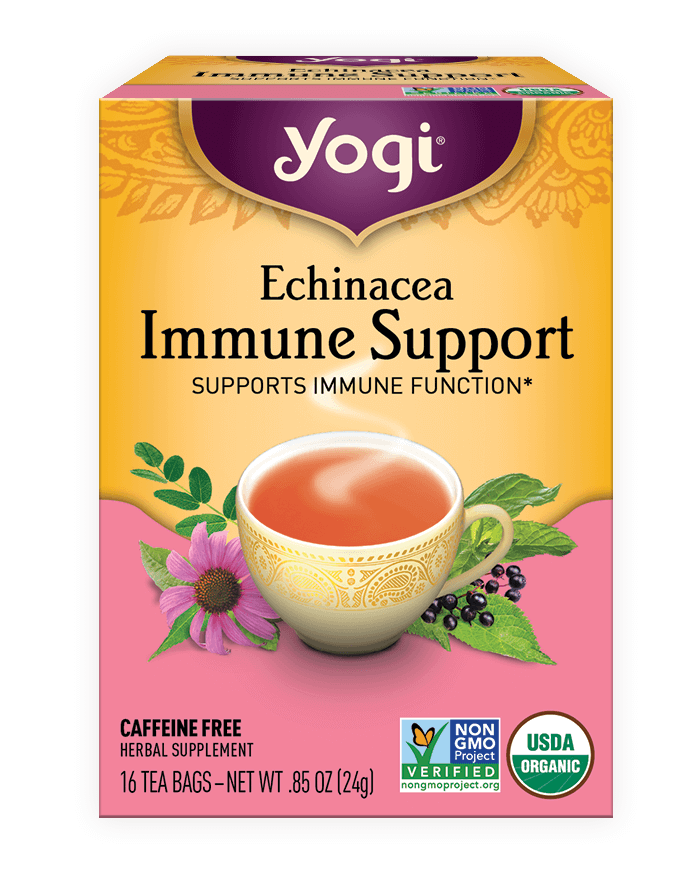
Echinacea
Immune Support Tea
SUPPORTS IMMUNE FUNCTION*
Yogi Echinacea Immune Support tea blends Echinacea, widely used by herbalists to support immune function, with Black Elderberry Extract and Mullein, herbs traditionally used to support respiratory function. With flavorful Peppermint, Lemongrass, and Licorice, Yogi Echinacea Immune Support tea is a delicious way to support your immune system any time of the year.*


Supplement Facts

Yogi Echinacea Immune Support Tea Ingredients
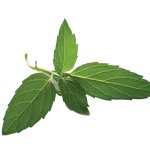
Peppermint Leaf
Peppermint is a perennial plant that produces light purple flowers and green leaves with serrated edges. Commonly used as a flavoring in products such as candy, chewing gum, toothpaste, and ice cream, peppermint also has been used traditionally to cool the body by promoting sweating, which can help support the respiratory system. Peppermint has also been widely used to support digestion and to soothe an occasional minor upset stomach.

Lemongrass

Cinnamon Bark
Cinnamon Bark comes from a small evergreen tree that is native to Sri Lanka. Cinnamon is a pungent, sweet and hot spice that can warm and invigorates the body and support function of the respiratory and digestive systems. It can also help to promote circulation to the joints and support immune function.

Licorice Root
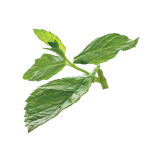
Spearmint Leaf
Spearmint Leaf has been used for culinary and medicinal purposes since the time of the ancient Romans. It is mildly soothing and relaxing overall. Ayurveda says that this herb can help to clear the mind and senses. Like all mints, spearmint is a mild diaphoretic that can help support the respiratory system.
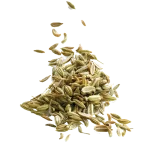
Fennel Seed
Botanically-speaking, fennel seeds are not seeds, but are the fruits of the sweet fennel plant, an herb that has been cultivated for culinary and medicinal use for thousands of years. In India, fennel seeds are routinely chewed after meals to support digestion and to act as an herbal mouth freshener.
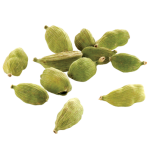
Cardamom
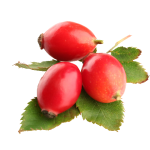
Rose Hip
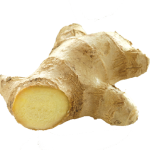
Ginger Root

Burdock Root
Burdock Root - a member of the daisy family that originated in Eurasia - is now firmly established as a naturalized plant in North America. Herbalists value burdock for helping to detoxify the liver. The root is served as a food in Japan, where it is known as gobo. Resembling a long brown carrot, burdock can be prepared in the same way you might enjoy a carrot, such as fresh juice or in a stir-fry dish.
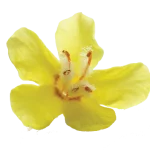
Mullein Leaf
A common wildflower native to Europe and Asia, mullein has a long history of use in herbal medicine as a soothing herb. Herbalists have traditionally used mullein to support the immune and respiratory systems.
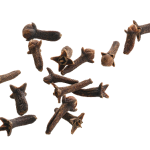
Clove Bud
Clove Buds are the aromatic dried flower buds of a tree in the Myrtle family. The English name clove derives from Latin clavus (nail), as the shape of the buds resembles small nails. Clove bud is widely used as a spice in ancient Asian herbal traditions. With a warming quality, clove supports circulation and digestion.
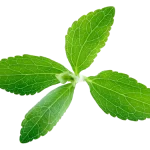
Stevia Leaf
Stevia is a genus of about 240 species of herbs and shrubs in the sunflower family native to subtropical and tropical South America and Central America. The leaf is used primarily as a sweetener in South America. Locals there use it as a substitute for sugar for those who can't use sugar. Various glycosides, including stevoside - which is about 100 to 200 times sweeter than sugar - provide the sweetness. It is widely used as a non-sugar sweetener in other areas of the world, particularly in Japan.

Black Pepper
Not only is Black Pepper one of the most widely used culinary spices in the world, it also has a long history of use in traditional herbal medicine. A spicy herb that can help support digestion, it also supplies antioxidants, which can help to reduce free radicals. As a diuretic, black pepper can support water balance in the body.

Black Elderberry
Native to Europe, Black Elderberry has been used in European folk medicine since antiquity. Elderberries supply anthocyanidins – powerful purple pigment compounds that act as antioxidants. Black Elderberry can also help support respiratory function, and is often used by herbalists to soothe the throat.

Essential Oils












